Sustainable wellbeing and green living
Let's find ways to Flourish!
Eat out without the guilt

Food is a vitally important part of every day of our lives, and every meal is an opportunity to choose sustainability. Whether it be buying Fairtrade products, reducing food waste, supporting local producers, or reducing meat consumption, we do our best to eat sustainably. When we decide to eat out, we want to know if the restaurants we support are doing the same. Enter Green Restaurant Certifications.
These certifications assess factors such as water efficiency, sustainable food, energy, and waste reduction to determine whether or not the establishment meets the requirements to be certified green. Green Restaurant Certifications are a great way to help identify restaurants in the community that are striving to promote sustainability so that we can support their efforts while enjoying a delicious meal. In North America, the Green Restaurant Association and LEAF Certification assess restaurants to determine their level of sustainability and then publish these results on their websites...
Green Burials
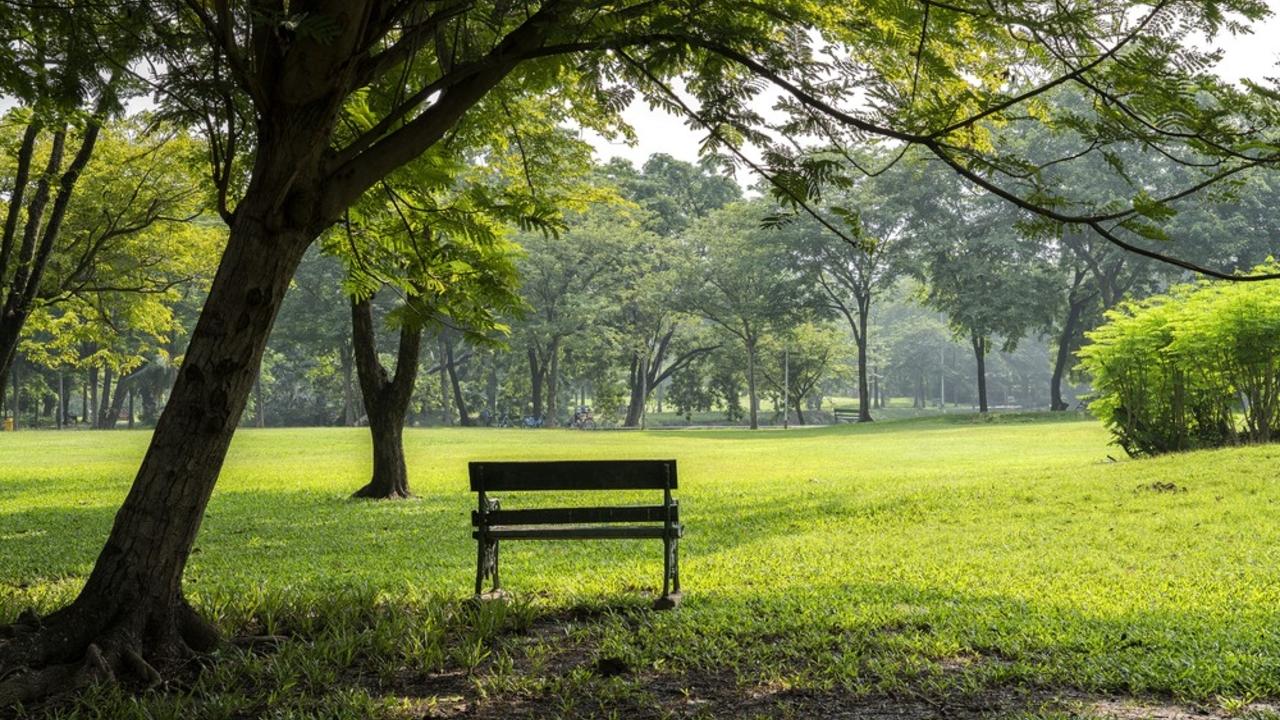
Ok, I know, most of us don’t really want to think about death and the logistics of what happens when someone dies, however, the reality is that there are numerous environmental issues with the way we handle funerals and burial. And, there are plenty of ways that we can do better! It turns out there is a growing green burial movement to help us out.
Death is a fact of life that is dealt with in many different ways across different cultures and religions. In Western society, funerals often include flowers, expensive caskets, often embalming of the deceased, cremations, cemetery plots, and more. These funeral elements are chosen in order to pay respect to the deceased, but it is also important to consider whether these elements reflect the wishes and values of the deceased.
Not only do caskets, flowers, and other embellishments cost thousands of dollars, but they also have quite a significant negative impact on the environment. Traditional funerals aren’t green, but that doesn’t mean th...
What you need to know about consumer goods

We all have a vague understanding that consumer culture is linked to environmental degradation and climate change, but how do we get around this, especially when we live in the real world, with birthdays, and Christmas, social pressures to shop and often a lack of easy to access eco-friendly alternatives.
I like to do a little time traveling before purchasing anything.
Well, there are a few basics to consider, I like to do a little time traveling before purchasing anything. Instead of just thinking about price and value, think about where that good came from AND where it will end up when you are finished with it. That can put the "sale" item into a much more realistic light of its true cost.
But, what exactly are the issues associated with consumer goods?
Over-Consumption of Material Goods and Throw-Away Culture
Consumer goods are products that are found on store shelves and bought for consumption by the average consumer. Consumer goods can be anything from food, clothing, f...
What Nature Does for our Bodies and Minds
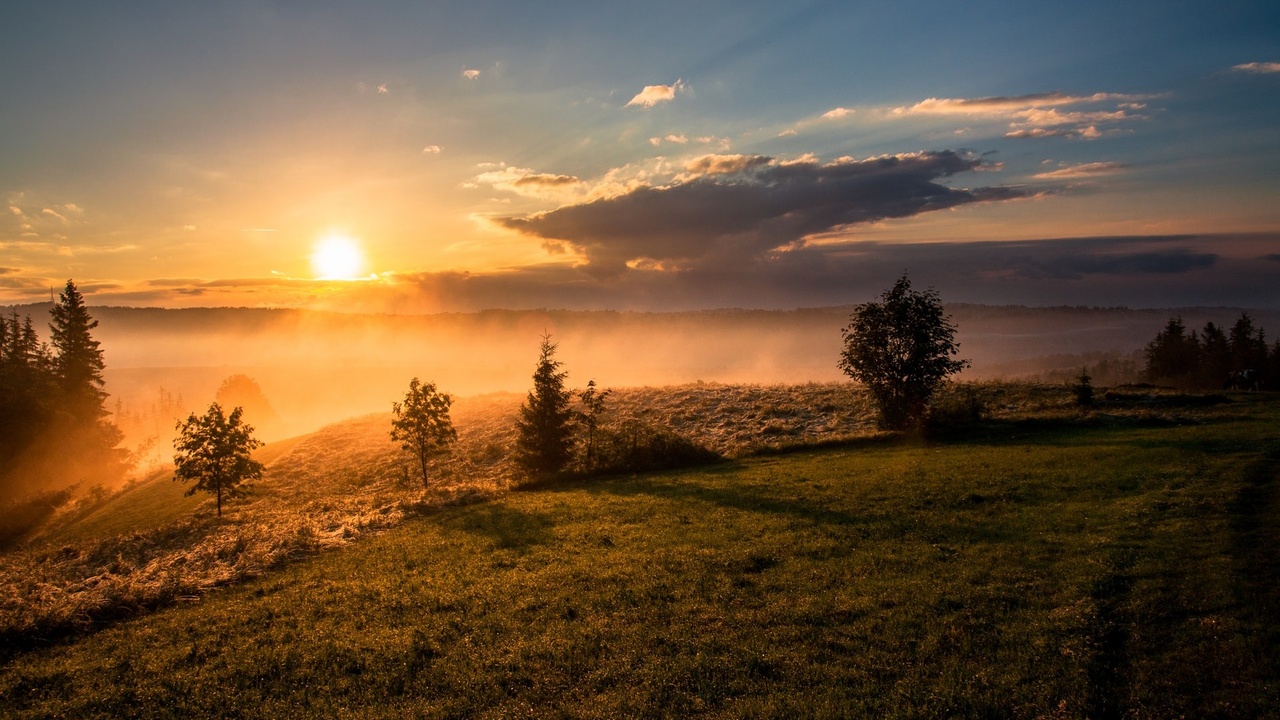
We seek out nature for many reasons – for recreation, quiet and solitude, exercise, nature views, and plenty more. But did you know that nature has measurable positive effects on our physiological and psychological wellbeing?
You may have noticed that spending time in the outdoors leaves you feeling refreshed with an improved mood. You might even find yourself seeking out nature during times when you are stressed, upset, or feeling under the weather.
The biophilia hypothesis is the idea that humans have an innate tendency to seek connections and associate with nature. The term biophilia literally translates to “love of life.” American biologist Edward O. Wilson proposed in his work Biophilia (1984) that the tendency for humans seek out life and lifelike processes is biologically ingrained.
Throughout the course of our evolution, the natural environment has been conducive to our survival and enhanced our physical, emotional, and intellectual fitness. We depended (and still do to some...
7 Best Calvin and Hobbes Quotes on the Meaning of Life
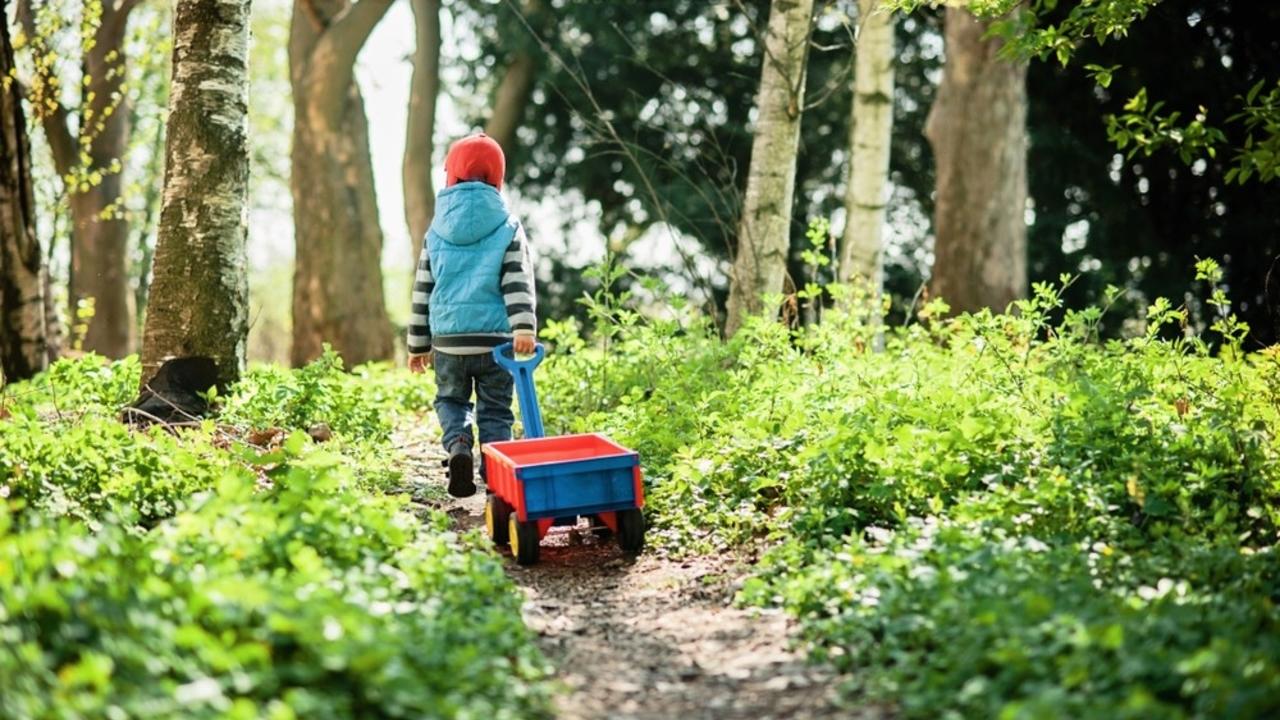
Do you remember and love Bill Watterson’s iconic Calvin & Hobbes comic strip? I know that my husband A.J. and I have long loved the world of the young boy Calvin and his stuffed Tiger, Hobbes. They manage to show us the world as it is - usually as they careen down a hill in a little red wagon or play a vigorous game of Calvin ball.
The insights they bring, even after multiple re-readings throughout the years have helped me sleep better at night and even feel like I can be a better human being.
In case you are unfamiliar with Calvin & Hobbes, the comic strip centres around a six-year-old boy named Calvin and his imaginary stuffed tiger named Hobbes. Together, this inseparable pair makes many observations about life, the state of the world, philosophy, and everything in between!
Calvin & Hobbes was first published on November 18, 1985 and could be found in over 2,400 different newspapers worldwide. Watterson retired in 1995, but his comics and their life lessons remain relevant!
Much...
How to use soundscapes to be present

Sounds is interesting. It has the power to transport us to a calm and centred frame of mind or to stress us out. While a babbling brook might feel calming to our nervous system, traffic, the sounds of the urban environment, or noisy neighbours can stress us out. So what makes some sound pleasant and others stressful?
Is sound really just subjective and could we train ourselves to observe sound without judgment and simply use it as a tool to connect with ourselves?
When we find ourselves facing eco-anxiety, mindfulness is an excellent tool to help ourselves be more present, and gain perspective, but we often think about meditation or mindfulness as requiring a calm environment. However, in addition to basic breathwork, soundscapes are all around us all of the time and present an opportunity to tune in to our surroundings and practice mindfulness.
“Once you are meditative, music will naturally be a part of your life. Everything is vibration – everything is sound.” - Sahdguru
If y...
Preserving the Harvest
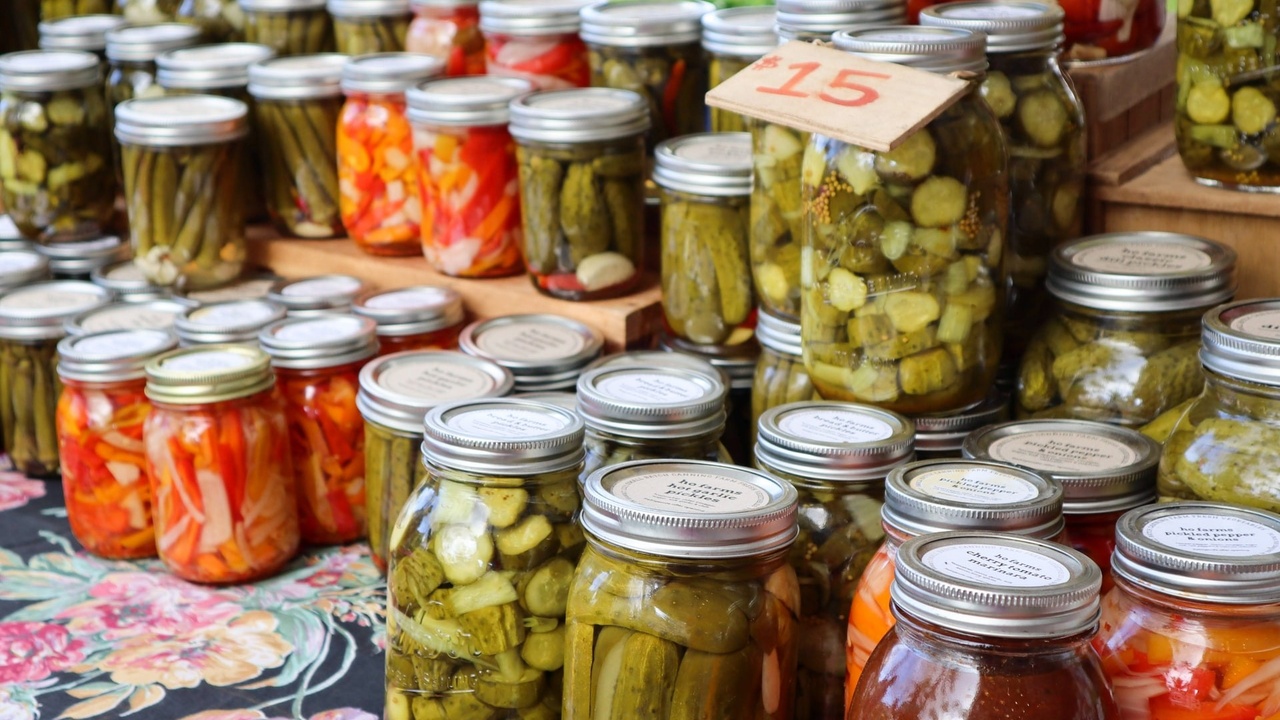
As much as I hate to admit it, I am just not that great a gardener. Sure, I grow herbs and tomatoes every year and love to harvest my grapes, beyond that I don't have a great deal of interest in gardening. And yet, I do love to put away fresh produce to enjoy in the winter months!
Yes, it can be sad to see the summer go, but there is plenty to be excited about as we transition into a new season!
There’s nothing like enjoying fresh and delicious produce that has been grown locally. Bonus points if you grew it yourself – it’s always a good feeling when your hard work in the garden pays off.

You might be wondering “what’s so good about local produce?” Well, locally grown produce is good for the planet, the local economy, and your taste buds. If you’re interested in learning more about why you should be eating local produce or how you can access it – check out these articles on farmer’s markets, community supported agriculture, and community gardens.
The only downside of local prod...
Dealing with the Denial of E-Waste
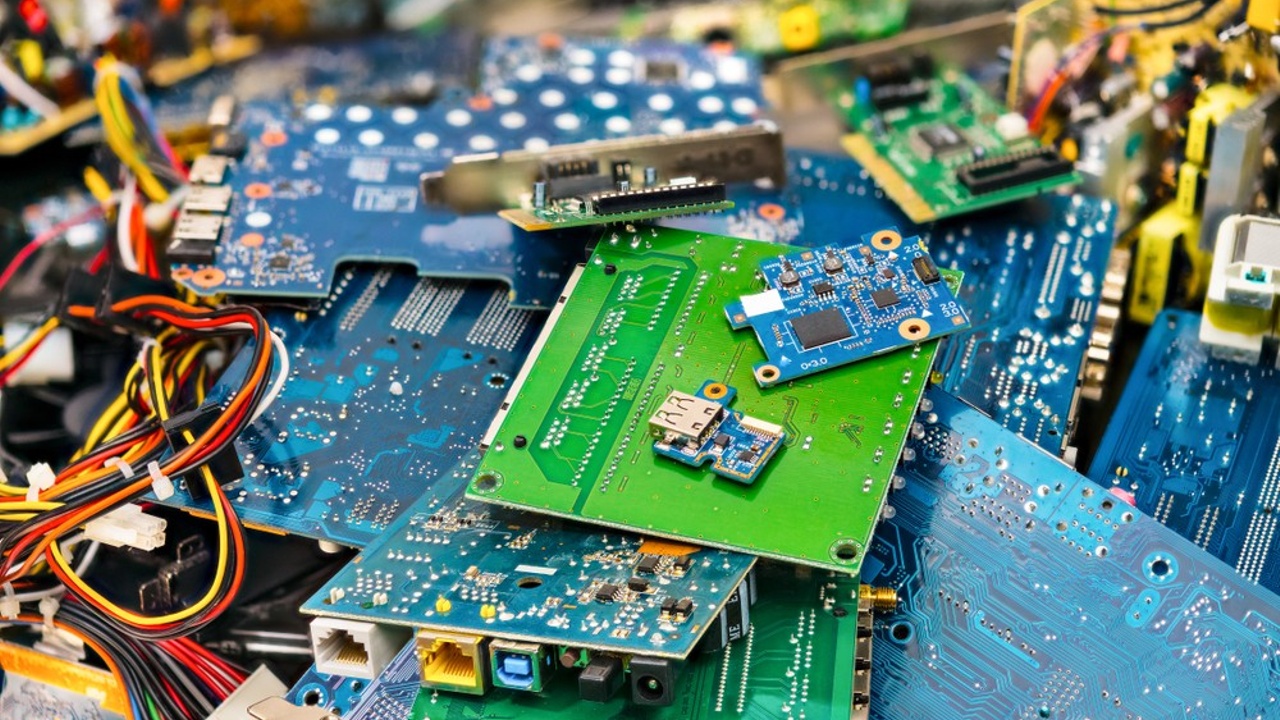
Are you in denial about the environmental impacts of your tech devices? Sure they are fun, and often necessary, even a lifeline during the COVID lockdowns, so perhaps it is not all that surprising that we don’t like to pay attention to the environmental and social issues of the e-waste associated with our tech habits.
It has become downright impossible to live a modern life without producing electronic waste. Electronic devices play an important role in our everyday lives. Let’s face it…who can go a whole day (hahaha, a few hours) without checking their phone or email, or snapping a photo?
It’s not uncommon for every member of a household to have their own cellphone, laptop, camera, etc. On top of that, shared electronic devices such as televisions, DVD players, gaming consoles, printers, and more, are often found within one household.
With all these electronic devices around, it is inevitable that we will contribute to the production of e-waste. After all, every action and certain...
Finding Sustainable Wellbeing

Sustainable Wellbeing may not be a term that you have heard before, but it sure sounds great doesn’t it? "Sustainable" – can be sustained, unlike this pace at work that doesn't feel at all sustainable. And "Wellbeing", “the state of being comfortable, healthy or happy”(1). Now, what if we expand that definition of Sustainability to also include the meaning that relates to Environmental Sustainability. Where we mean that human actions cause little to no damage to the environment (2) or may even be restorative to environmental systems?
Now the idea becomes pretty mind-blowing.
Can we actually find personal wellness, looking after our mental and physical health AND at the same time, do what is right for the planet?
This is the concept of Sustainable Wellbeing. It is living at the intersection of environmental sustainability and personal wellness. It is seeking balance for ourselves, while working towards solutions that build resilience in human and ecological communities.
It me...
Hygge - more than cocoa by candlelight

“Right now you have everything you need to be in bliss.” – Anthony de Mello
At one point or another, we have all experienced a feeling of contentment and gratitude for the small comforts in our lives. This warm and fuzzy feeling can be described by the Danish word “Hygge.”
After much publicity around the word, hygge has been recently adopted into the English language. It is defined by the Oxford Dictionary as “A quality of coziness and comfortable conviviality that engenders a feeling of contentment or well-being.” Although there is no direct English translation, the concept and feeling of hygge is a useful lesson that we can learn to foster.
Being able to assign a word to this feeling can help us appreciate, take notice of, and make an effort to incorporate more hygge into our lives!

The word hygge has been a part of Danish culture since the 19th century when it first appeared in writing. Hygge can be used as an adjective, a noun, and a verb.
Your favorite pair of cozy sock...

